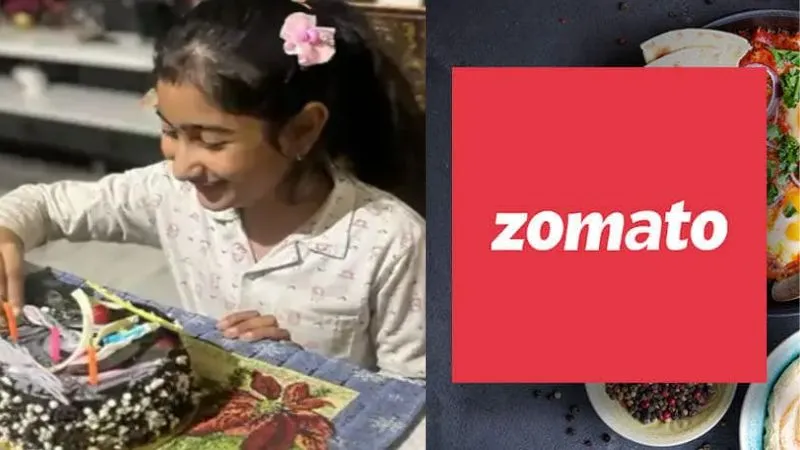A 10-year-old girl tragically died on her birthday in Patiala after eating a cake ordered online through Zomato. Police investigation into the case revealed that the cake was not sent from a normal food outlet but instead from a “cloud-kitchen”. Initially believed to be from Kanha Bakery in Patiala, it was found to be from New India Bakery. The owner of New India Bakery had got Kanha Bakery registered.
The Food delivery app Zomato proceed to delist the outlet from its platform and barred the restaurant owner from operating any entities on Zomato in the future. However, such an incident raises pertinent questions about cloud-kitchens and the quality of food ordered online. It also raises the question about who is actually responsible for such incidents. While the restaurant staff has been arrested and are undergoing prosecution, is the Zomato completely absolved from accountability? Read on as we answer these questions:
What is a Cloud Kitchen?
Cloud kitchen-based restaurants use online food delivery platforms (e.g. Zomato, Swiggy and UberEats) or their own white-label platform to deliver food, with no dine-in customers. They utilize a commercial kitchen for the purpose of preparing food for delivery or takeout only.
How much responsibility does the delivery-platform bear?
Despite the tragic incident, Zomato is protected under intermediary clause of Section 79 of the IT Act which states that, “…an intermediary shall not be liable for any third party information, data, or communication link made available or hosted by him.” The Act defines an intermediary “as any person who on behalf of another person receives, stores or transmits that record or provides any service with respect to that record and includes telecom service providers, network service providers, internet service providers, webhosting service providers, search engines, online payment sites, online-auction sites, online-market places and cyber cafes;”
As Zomato only connects the food outlets to the customer, it acts as an intermediary and hence is does not hold accountability for the quality of food that is delivered through its platform. The accountability for this rests with Food and Safety Standards Authority of India (FSSAI), as this incident pertains to the restaurant that served the food. FSSAI, is the governing body that regulates the manufacture, storage, distribution, sale, and import of food articles, while also establishing standards to ensure food safety.
But is Zomato completely absolved?
The pertinent question however remains that how much of the “blame” is the delivery platform liable for? Government suggested certain changes to the e-commerce rules, introducing the concept of “fallback liability” for online e-commerce sites such as Zomato. According to the E-commerce Rules under the Consumer Protection Act, “fallback liability” is “the liability of the marketplace e-commerce entity where a registered seller fails to deliver the goods or services ordered by a consumer due to negligent conduct, omission, or commission of any act by such seller in fulfilling the duties and liabilities in the manner as prescribed by the marketplace e-commerce entity, which results in loss to the consumer.”
In simple terms, it essentially holds the e-commerce platform liable to an extent for any harm caused by the vendor to the customer, directly or indirectly.
However, arguments point out the impact fallback liabilities will have on Micro, Small, and Medium Enterprises (MSME), who might be discouraged from its integration, lacking the resources to tackle the burden of the liabilities. Furthermore, the “fallback liability” would shield fraudulent “third-party” incentivising them to cheat the framework and get away with fraudulent practices.
So, while a solution remains out of grasp, it remains necessary to define the process of accountability in the supply and delivery chain. Until such a solution is reached, incidents such as these can only be dealt with on a case to case basis. Following the Patiala incident, police arrested the restaurant staff and lodged a case under Sections 273 (selling harmful food or drink) and 304-A (causing death by negligence) of the Indian Penal Code (IPC). However, the life of the young girl who was just celebrating her birthday had already been lost.
